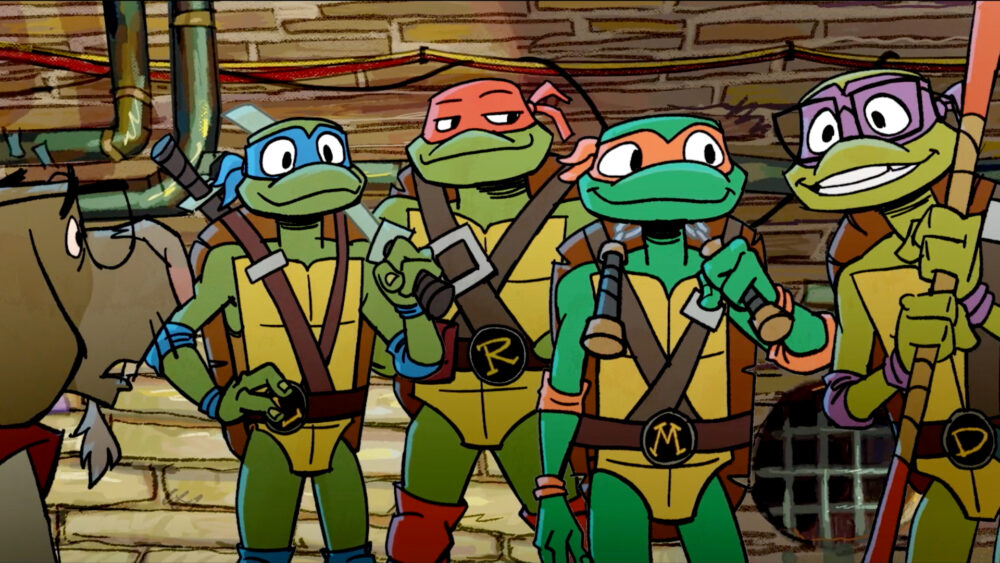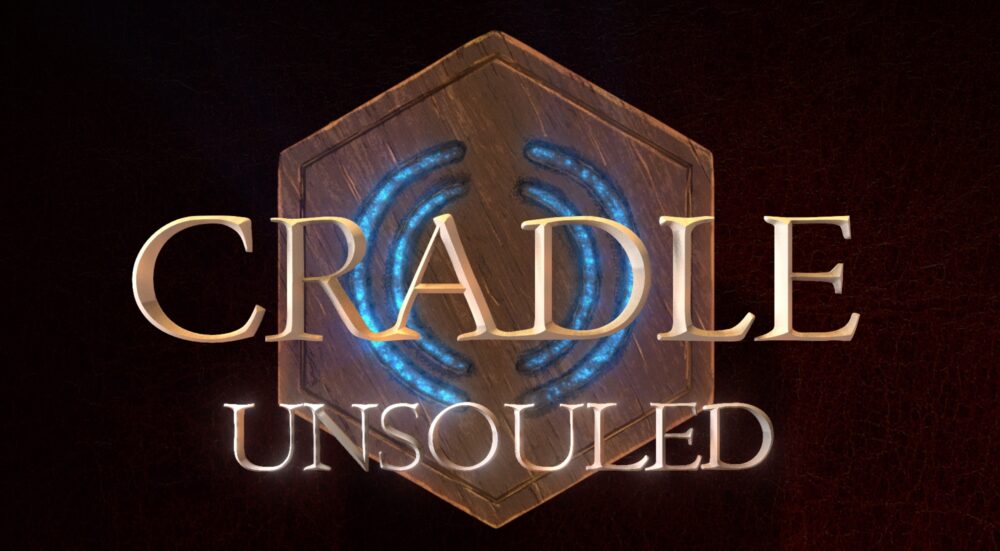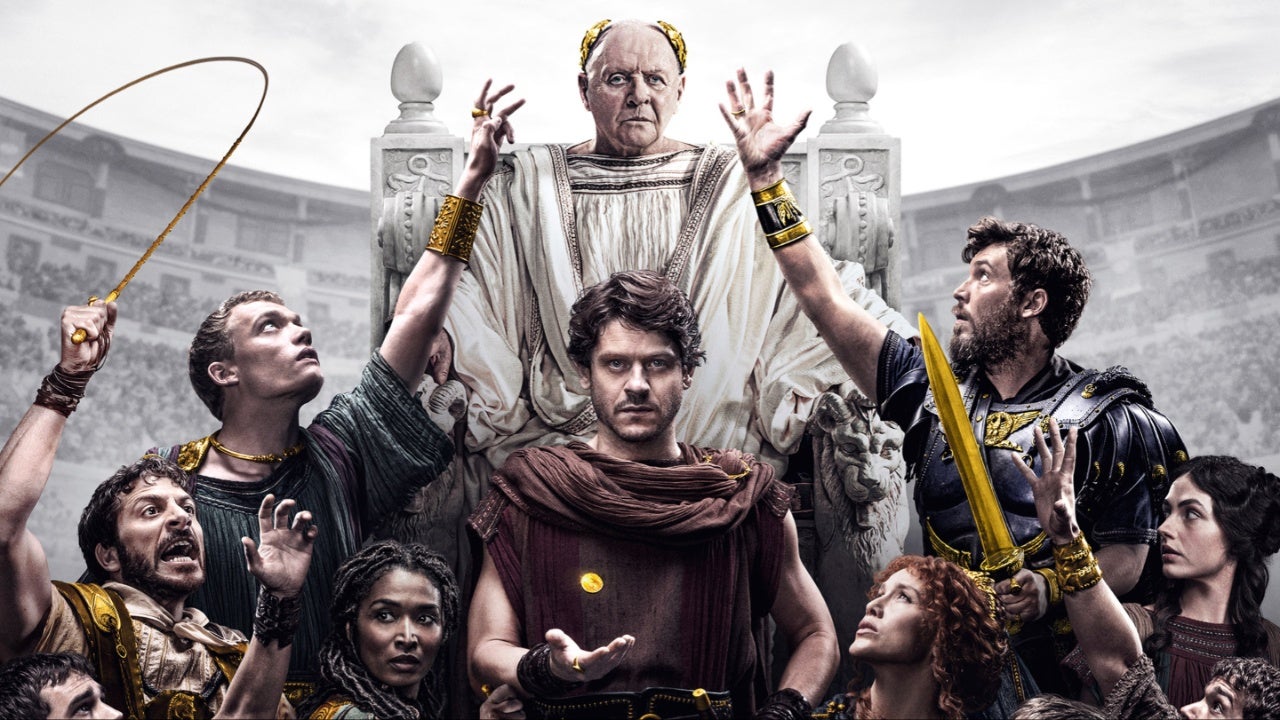There’s a something of a ‘Dirtbag Renaissance’ in cable TV these days. The idea that TV shows have to be anchored by ‘likable characters’ has almost been turned on it’s head. “Always Sunny” is a show centered on a group of characters that are less Danny Tanner and more…well, more like the actual Bob Saget.
It will also soon replace The Adventures of Ozzie and Harriet, possibly the most milquetoast show in TV history, as the longest live-action comedy in television history. Eastbound and Down. The League. Shameless. The list goes on and on. The days of TV being dominated by feel-good TGIF lineups are barely visible in our cultural rear view mirror.
IFC’s Brockmier, which stars Hank Azaria as the eponymous baseball announcer, has the potential to be another milestone in this revolution. Even if you don’t remember his face, you’ve heard Azaria’s voice a million times during his tenure as a cast member on the Simpsons where he plays Apu, Chief Wiggum and Moe the bartender, among others. He’s had a few forays into live-action tv series, with limited success, and his most memorable film roles were scene stealing character-roles in The Birdcage and Along Came Polly.*
Brockmier, however, feels like the perfect vehicle for his unique skill set. The character, originally created for a Funny or Die sketch, lets him flex his considerable comedy and drama muscles, managing to create a character that is, at once, pitiable, funny and weirdly inspiring. Though it’s a show that revolves around baseball, it’s not really a show about baseball. Hearing Azaria deliver lines like, “He hits the ball like he’s trying to wake it up from a little nap,” and “Thanks for joining us on free cold medicine night,” will make you smile even if the last baseball game you went to ended with your mom handing out orange slices to you and your friends.
The show revolves around the once beloved sportscaster trying to claw his way back to relevancy after an on-air breakdown causes him to lose his job in major league baseball. The impetus for the breakdown, catching his cheating wife, is a bit tired (see also: Along Came Polly (woah, callback!), Old School, Love Actually, etc. etc.), but Azaria is a superb actor and plays a broken man as well as anyone in recent memory. Also nice it that the show gives his wife (Katie Finneran) a chance to somewhat round out her character and utilizes her more than just as a plot device (see also: Crashing. No, really. Also watch Crashing. It’s dope).
After a 10-year stint calling cockfights in the Philippines, Brockmier returns to the states to take a gig as the announcer for a minor league team for a team in the fictional and very depressing Morristown, Pennsylvania. Amanda Peet is perfect as the idealistic (but bit of a mess) team owner, and eventual love interest. Together, Azaria and Peet have good chemistry and their sloppy relationship comes together and breathes in a pretty organic way. You can tell they like each other and, more importantly, like that they like the material.
The supporting casts is where the show really shines. Tyrel Jackson Williams as Brockmire’s young producer, Molly Ephraim as the town bartender, Ron Perkins as a flustered abortion doctor, David Walton as a sleazy oil executive, Toby Huss as townsfolk ‘Johnny the Hat’ and Hemky Madera as an over-the-hill ex-major leaguer, constantly provide the biggest laughs and, often, some of the realest moments.
Real baseball personalities also show up to deliver some surprisingly funny performances like, Joe Buck and…who am I kidding? You’ve never heard of any of these people, but trust me when I say if you did know who they were, their cameos would be a nice little surprise.
Creator Joel Church-Cooper, who wrote five episodes in the first season, delivers a fully realized world and the episodes often take a strong point of view, though somewhat unevenly, on a variety of topics. Social media, celebrity sex tapes, the slow death of Rust Belt communities, fracking, racist mascots, hipsters…the show takes wide aim and hits much more often than it misses. The balance of comedy and dark moments is also refreshing. The moments when Brockmire comes crashing back to earth just when life seems on the upswing are touching without being melodramatic.
In other words, this is not a ‘dramedy,’ which, much like brunch, is a combination of two things that a certain type of person loves but most people find tiresome and would rather keep separate. This is a comedy that just happens not to tip-toe around heavy issues. Yes, there is a short abortion story arc, which is admittedly heavy. But the line, “You snorted my abortion!” is in one of the episodes, so that should tell you something about the show’s overall tone.
In all, IFC has made a show that is a surprisingly fantastic watch that ends on a compelling, though a bit predictable, note. Despite dwindling viewership, it has been green lit for a second season, so binge it this weekend and hope you can remember IFC is still a thing by the time the next season rolls around.
* Other than Azaria as Claude and Philip Seymour Hoffman as the sharting, rain-making, Sandy Lyle, can you honestly remember anything else about “Along Came Polly”? That’s weird, right? I feel like I’ve seen it in enough 15 minute chunks on TBS to amount to three whole viewings and I can’t recall anything else about it.

Events
Paramount+ Reveals Official Main Title Sequence for the Upcoming Series TALES OF THE TEENAGE MUTANT NINJA TURTLES

During the TALES OF THE TEENAGE MUTANT NINJA TURTLES panel earlier today at San Diego Comic Con, Paramount+ revealed the official main title sequence for the series. The sequence is composed by EMMY® nominee, Matt Mahaffey, known for his work on Sanjay and Craig, Rise of the Teenage Mutant Ninja Turtles, and Rise of the Teenage Mutant Ninja Turtles: The Movie and much more.
From the studios of the Mutant Mayhem film, the all-new Paramount+ original series TALES OF THE TEENAGE MUTANT NINJA TURTLES explores the adventures of everyone’s favorite pizza-loving heroes as they emerge from the sewers onto the streets of NYC. Leo, Raph, Donnie and Mikey are faced with new threats and team up with old allies to survive both teenage life and villains lurking in the shadows of the Big Apple. The series is produced by Nickelodeon Animation and Point Grey Pictures.
TALES OF THE TEENAGE MUTANT NINJA TURTLES is executive produced by Chris Yost (The Mandalorian, Thor: Ragnarok) and Alan Wan (Blue Eye Samurai, Rise of the Teenage Mutant Ninja Turtles, Teenage Mutant Ninja Turtles [2012 Series]). Production is overseen for Nickelodeon by Claudia Spinelli, Senior Vice President, TV Series Animation, Nickelodeon, and Nikki Price, Director of Development and Executive in Charge of Production.
In addition to the upcoming new series, stream all things Turtles on Paramount+.
Events
Comic-Con 2024: Those About to Die Activation
Events
DISNEY+ CASTS DANIEL DIEMER AS FAN-FAVORITE ‘TYSON’IN SEASON TWO OF “PERCY JACKSON AND THE OLYMPIANS”

in Hall H at San Diego Comic-Con, Rick Riordan and Disney+ revealed that Daniel Diemer (“Under the Bridge”) will star as fan-favorite cyclops “Tyson” in the epic adventure series “Percy Jackson and the Olympians.” Diemer joins Walker Scobell (Percy Jackson), Leah Sava Jeffries (Annabeth Chase) and Aryan Simhadri (Grover Underwood) as a series regular. The Disney+ Original series from Disney Branded Television and 20th Television will start filming its second season next week in Vancouver.
Season two of “Percy Jackson and the Olympians” is based on the second installment of Disney Hyperion’s best-selling book series titled “The Sea of Monsters” by award-winning author Rick Riordan. In the new season, Percy Jackson returns to Camp Half-Blood one year later to find his world turned upside down. His friendship with Annabeth is changing, he learns he has a cyclops for a brother, Grover has gone missing, and camp is under siege from the forces of Kronos. Percy’s journey to set things right will take him off the map and into the deadly Sea of Monsters, where a secret fate awaits the son of Poseidon.
Diemer stars as Tyson – a young Cyclops who grew up all alone on the streets, and finds it difficult to survive in the human world. Shy and awkward, with a heart almost as big as he is, Tyson soon discovers that Poseidon is his father, which means Percy Jackson is his half-brother… and that Tyson may have finally found a home.
Diemer recently starred in the Hulu limited series “Under the Bridge” based off the critically acclaimed book of the same name and a tragic true story of a missing teen girl in Vancouver in 1997. He will next star in the indie “Thug” opposite Liam Neeson and Ron Perlman for director Hans Petter Moland. Daniel was recently seen as the lead in the indie “Supercell” opposite Alec Baldwin and Skeet Ulrich and the lead in the film “Little Brother” opposite Phil Ettinger and JK Simmons. Daniel can also be seen in the Netflix series “The Midnight Club” and recently starred as the male lead in the breakout hit Netflix feature “The Half Of It” from producer Anthony Bregman and director Alice Wu. He is a graduate of Victoria Academy of Dramatic Arts in Vancouver.
Created by Rick Riordan and Jonathan E. Steinberg, season two of “Percy Jackson and the Olympians” is executive produced by Steinberg and Dan Shotz alongside Rick Riordan, Rebecca Riordan, Craig Silverstein, The Gotham Group’s Ellen Goldsmith-Vein, Bert Salke, The Gotham Group’s Jeremy Bell and D.J. Goldberg, James Bobin, Jim Rowe, Albert Kim, Jason Ensler and Sarah Watson.
The first season of “Percy Jackson and the Olympians” is available on Disney+
-

 Interviews1 day ago
Interviews1 day agoInterview With Heroes & Villains Creative Director Doug Johnson
-

 Streaming1 day ago
Streaming1 day agoApple TV+ announces season two for delightful kids and family series “Camp Snoopy
-

 Events1 day ago
Events1 day agoThat’s My E Coverage Of The Adult Swim’s Pirate Parrrty
-

 Events13 hours ago
Events13 hours agoParamount+ Reveals Official Main Title Sequence for the Upcoming Series TALES OF THE TEENAGE MUTANT NINJA TURTLES
-

 Events16 hours ago
Events16 hours agoDISNEY+ CASTS DANIEL DIEMER AS FAN-FAVORITE ‘TYSON’IN SEASON TWO OF “PERCY JACKSON AND THE OLYMPIANS”
-

 Interviews17 hours ago
Interviews17 hours agoComic-Con 2024: Will Wight’s Cradle
-

 Events16 hours ago
Events16 hours agoComic-Con 2024: Those About to Die Activation




